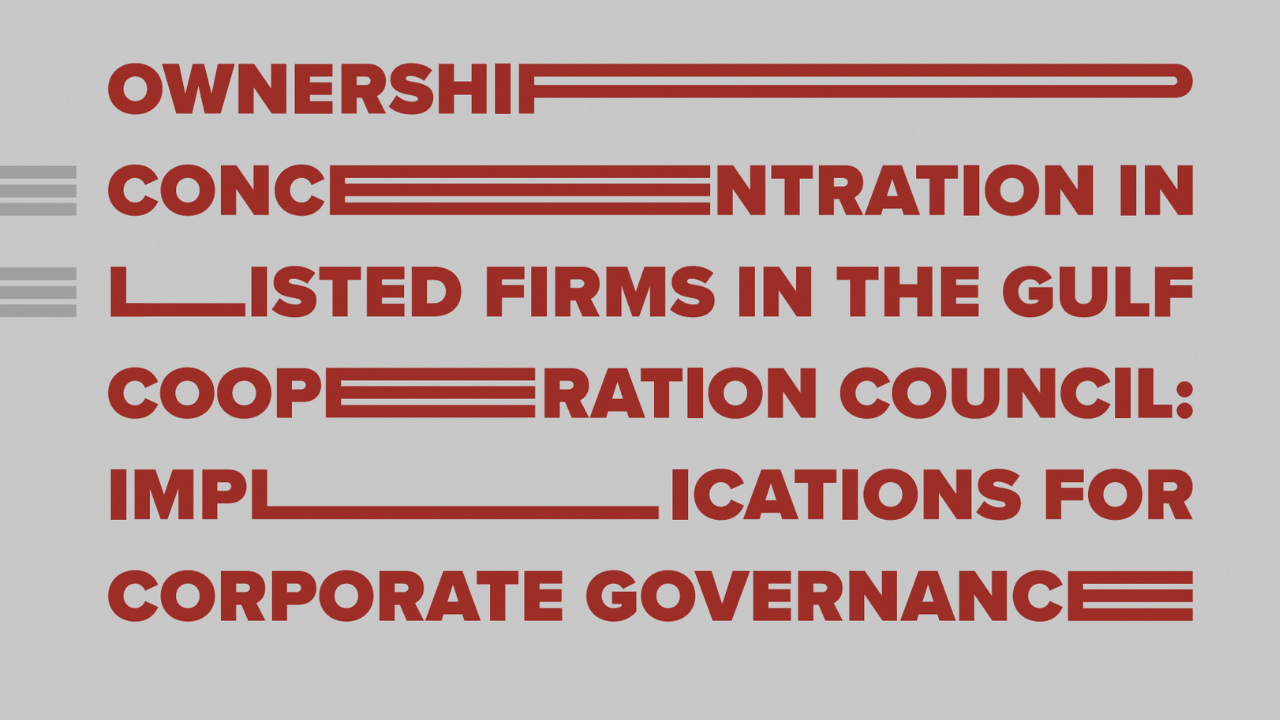Introduction
The Gulf Cooperation Council (GCC) region has witnessed significant economic growth in the last decade with substantial reliance on the public sector to boost economic activities. The maturity of the financial systems and stock markets played a vital role in consolidating economic development by attracting local and international investors. Since the 2008 financial crisis, various structural reforms were introduced to develop the GCC’s stock markets by introducing regulatory initiatives, such as new capital market laws in Saudi Arabia, Bahrain, and Qatar; establishing new regulatory bodies, such as those in the United Arab Emirates (UAE), Saudi Arabia, Qatar, and Kuwait; enhancing corporate governance; and easing restrictions on foreign investors (IMF, 2018)1. As a result of these reforms, Morgan Stanley Capital International (MSCI) upgraded the UAE, Qatar, Saudi Arabia, and Kuwait to emerging markets status, in 2014, 2014, 2019, and 2020, respectively.
We shed light on the current corporate structures in the GCC region by examining the ownership concentration and ownership identity of listed firms in the region. An ownership structure is important because it may, on the one hand, reduce possible conflicts of interest between managers and shareholders, while, on the other hand, it may increase the likelihood of large shareholders extracting private benefits of control at the expense of minority shareholders. Thus, the level of ownership concentration may encourage or discourage minority and international investors to invest in firms in the region.
In this study, we analyze 692 listed firms in the GCC for a period of seven years (2009–2015). This study provides valuable insights into corporate ownership in the emerging economies of the GCC. First, the findings provide major and minor investors with a comprehensive understanding of the corporate ownership structure in the GCC region, including the ownership concentration and ownership identity of firms in financial and non-financial industries. Second, the findings shed light on the change of ownership concentration in listed firms in the GCC, over seven years (2009–2015), during which, various policies were enacted to encourage investments and promote minority investor protection. Finally, this study prioritizes the public awareness of policy formulation to enhance corporate governance practices and mechanisms in the GCC region.
Despite the abovementioned structural reforms and the improvement in financial market development indices during the last two decades for most GCC countries), market capitalization in the GCC region remains below pre-global financial crisis levels; debt markets are under-developed; the number of listed companies is relatively small; the number of IPOs remain low; listings are concentrated in a few large companies and a small number of sectors; and foreign investment is still limited, with restrictions on access for foreign investors and foreign listings in four out of the six GCC countries (IMF, 2018). This study finds a high level of ownership concentration in GCC listed firms, which could trigger potential conflicts of interest among shareholders.
Among the issues that prevent the further development of GCC countries’ stock markets are: weak investor protection, and a corporate governance structure that, although improved, is still an emerging concept (IMF, 2018). Reducing restrictions on foreign ownership in stock markets, enhancing investor protection (through reforms, such as better financial fraud regulation and stronger disclosure requirements), and implementing favorable corporate governance reforms could boost investor confidence, diversify the investor base, and increase financial integration by attracting foreign capital (IMF, 2018).
Authors:
- Dr. Rodrigo Basco
- Fatima Ghaleb
- Dr. Silvia Gómez Ansón
- Rana Hamdan
- Sadia Malik
- Dr. Irma Martínez García
Download the Report:
Footnote
1 IMF. 2018. “Gulf Cooperation Council: How Developed and Inclusive Are Financial Systems in the GCC?”
https://www.imf.org/en/Publications/Policy-Papers/Issues/2018/12/04/pp120618gcc-how-developed-andinclusive-
are-financial-systems-in-the-gcc. ↩︎
